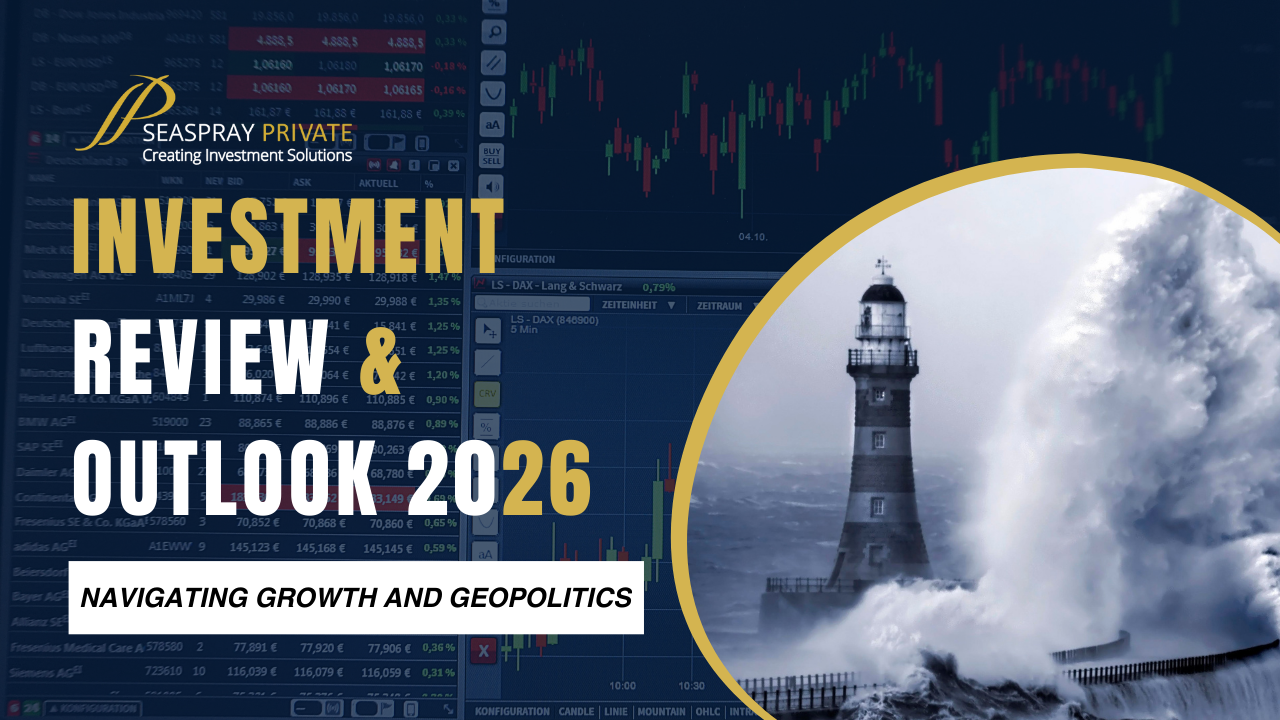In the United States, markets recorded a week of strong gains, despite the government shutdown weighed on performance. The shutdown, which required the suspension of all non-essential federal work, was estimated to cost up to $400 million per day. One consequence has been a delay in the release of US labour statistics, compiled by the Bureau of Labor Statistics. Chief among these is non-farm payrolls — a key metric used by the Federal Reserve to gauge labour market strength — which had been scheduled for release last Friday. Notwithstanding the disruption, investor sentiment remained resilient, with markets largely shrugging off the closure. The S&P 500 posted a new record high on Thursday, while the NASDAQ also remained near record levels. In corporate developments, OpenAI employees completed a $6.6 billion share sale valuing the company at $500 billion, cementing its status as the world’s most valuable private company. The transaction, intended to retain and attract talent amid a fierce talent war with rivals such as xAI and Meta, allowed employees to sell up to $10 billion of shares. However, many chose not to, indicating confidence in Sam Altman’s leadership and the company’s long-term prospects. Elsewhere, it was a significant week for large-scale mergers and acquisitions. Electronic Arts (EA), one of the most prominent names in video gaming, completed a $55 billion leveraged buyout that will take the publisher and developer private. This represents the largest go-private deal in history. The consortium leading the acquisition was backed by Saudi Arabia’s Public Investment Fund (PIF), which also owns Newcastle United Football Club, along with Jared Kushner, President Trump’s son-in-law, and private equity firm Silver Lake. The deal is being financed with $36 billion in equity and a $20 billion loan led by JPMorgan. EA owns some of the world’s best-known gaming franchises, including EA Sports FC (formerly FIFA Football), The Sims, F1, and its licensed Star Wars games franchise. The rationale behind the buyout is rooted in both EA’s existing portfolio and the transformative potential of artificial intelligence. While AI has long been used in gaming, generative AI could reshape the industry by cutting production costs and enabling new gameplay experiences, such as real-time adaptation to player inputs in story-driven titles. Another major deal saw Berkshire Hathaway announce a $9.7 billion acquisition of Occidental Petroleum’s petrochemicals division, a company in which Berkshire is already the largest shareholder. The deal marks a milestone for CEO Greg Abel, who succeeded legendary investor Warren Buffett earlier this year. Globally, mergers and acquisitions surpassed $1 trillion in Q3 2025, reflecting strong appetite for deals despite an uncertain market environment at times. Meanwhile, Coca-Cola is reportedly considering the sale of Costa Coffee for a reported $2 billion, five years after its $3.9 billion acquisition, as its push into the coffee sector proved more challenging than anticipated. For the week, the S&P 500 and NASDAQ closed 0.69% and 0.78% higher respectively.
In Europe, markets reached new record highs last week as investors shrugged off the US government shutdown. While sentiment was unsettled on Tuesday and Wednesday amid concerns about the fragility of the US labour market, anxiety proved short-lived and indices pushed to fresh highs on Thursday, and again on Friday. Pharmaceuticals provided a major boost after Pfizer agreed a deal with the US administration to allow patients to purchase drugs directly at a discounted prescription price via a new federal website. Crucially, the deal means Pfizer will get a three year grace period from tariffs, as long as they invest in US manufacturing. This lifted shares in companies such as Novartis, Roche and Novo Nordisk. The OpenAI share sale also supported tech stocks across the continent, with ASML rising 3.6% on Thursday alone. For the week, the EuroStoxx 50 gained 2.39%, while the STOXX 600 rose 2.60%.
In the United Kingdom, the FTSE 100 recorded another record high last Wednesday, extending what has been an impressive run for the index. It has climbed from just over 7,600 points in April to around 9,400 points at present. The FTSE 100 also delivered its strongest quarter since 2022, gaining 6.8% in Q3 2025. Pharmaceuticals were a key driver last week, with AstraZeneca rising 11% and GSK up more than 6%, following gains linked to Pfizer’s agreement with the US government. For the week, the FTSE 100 advanced 1.86%.






